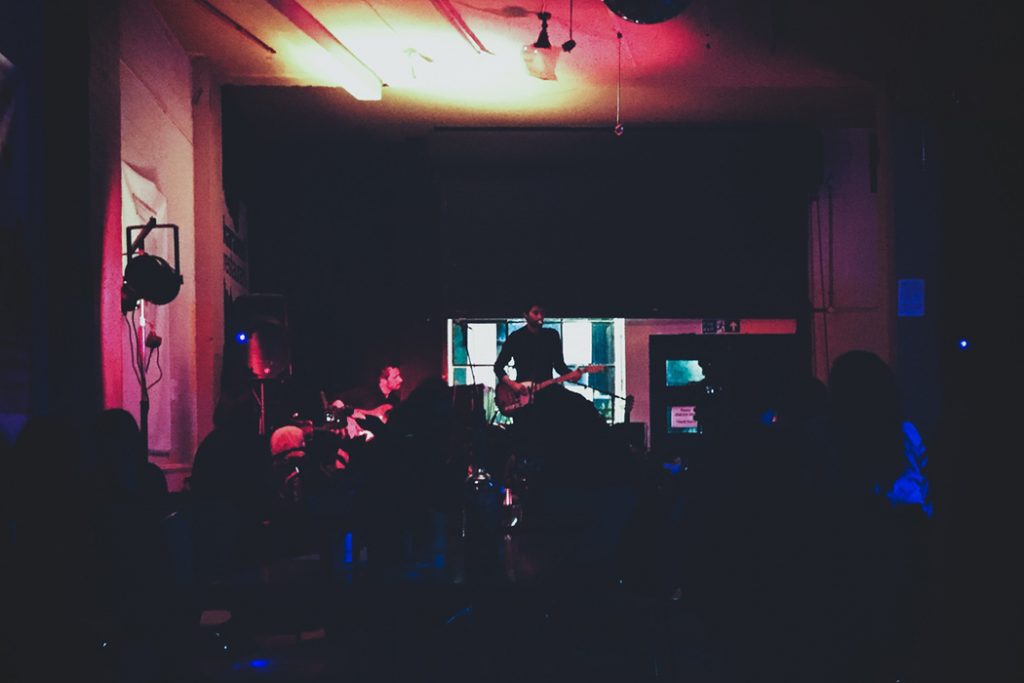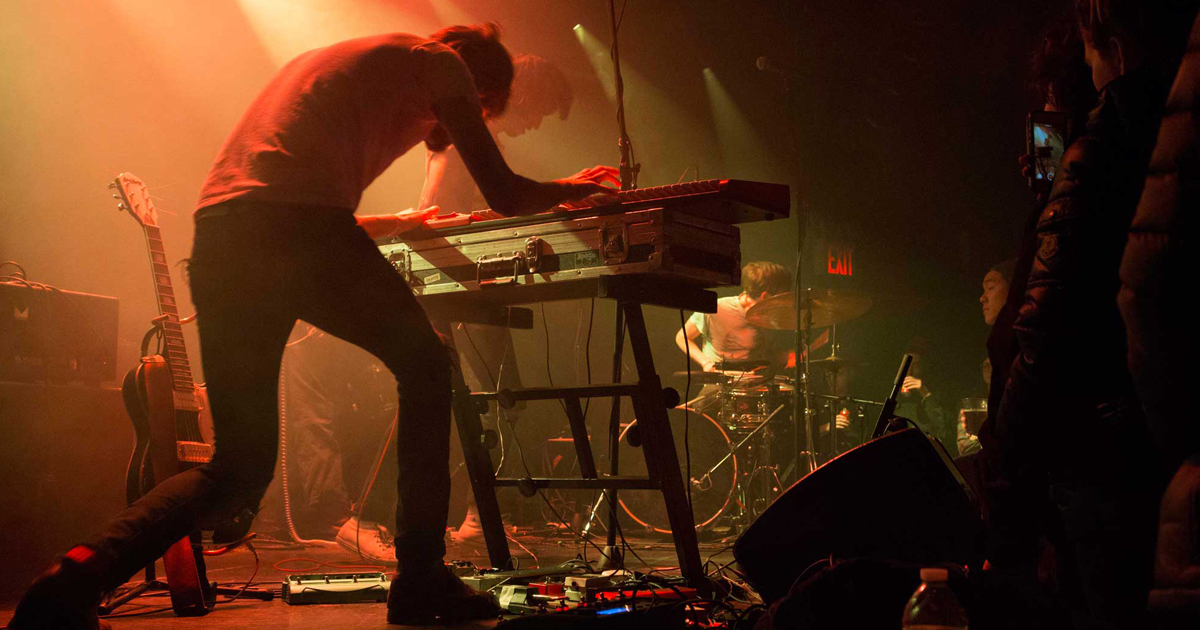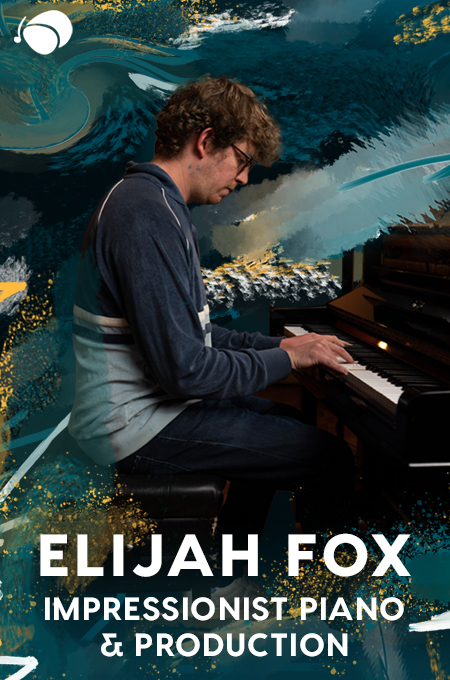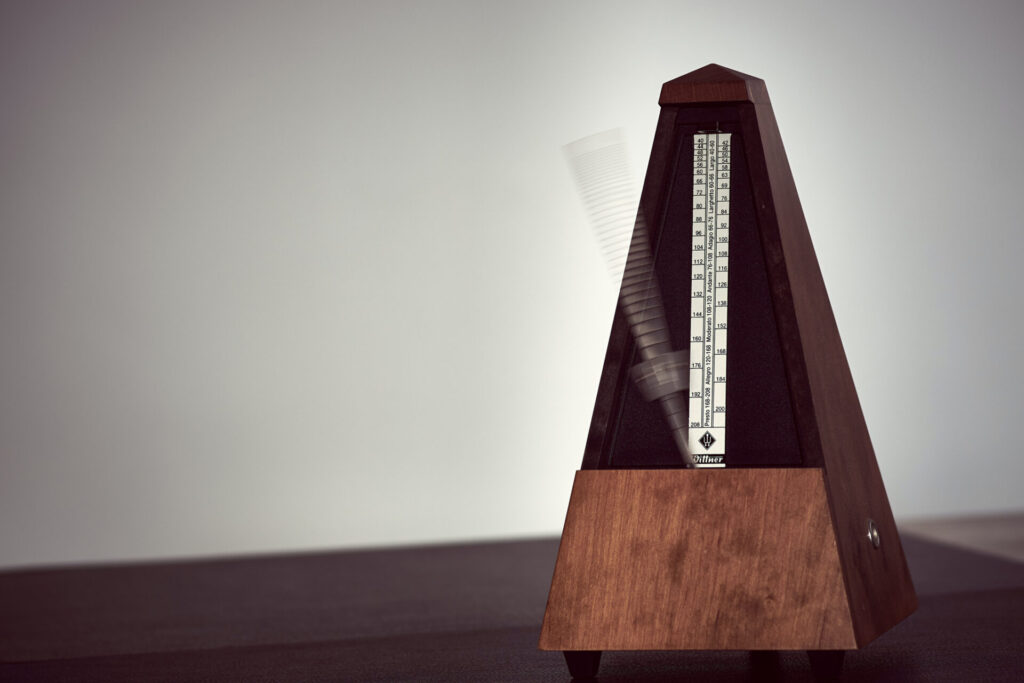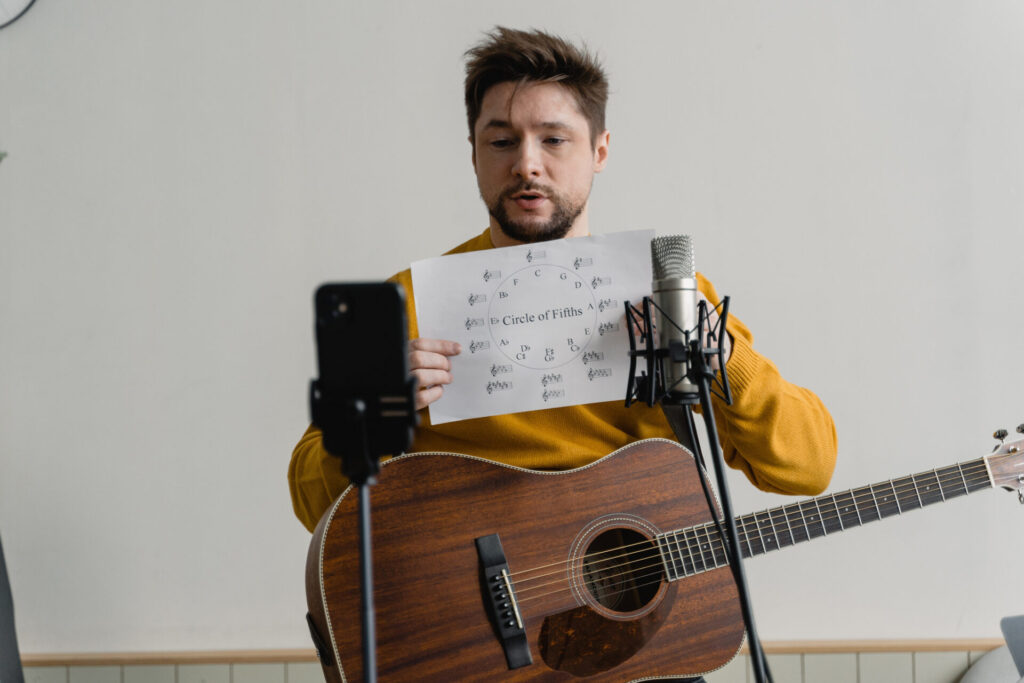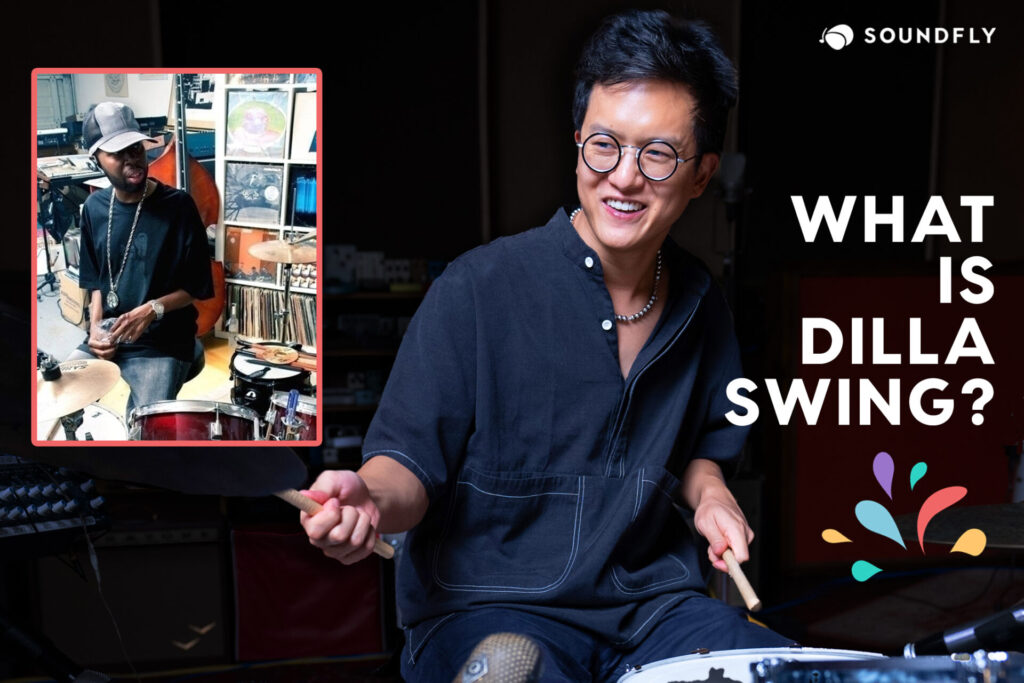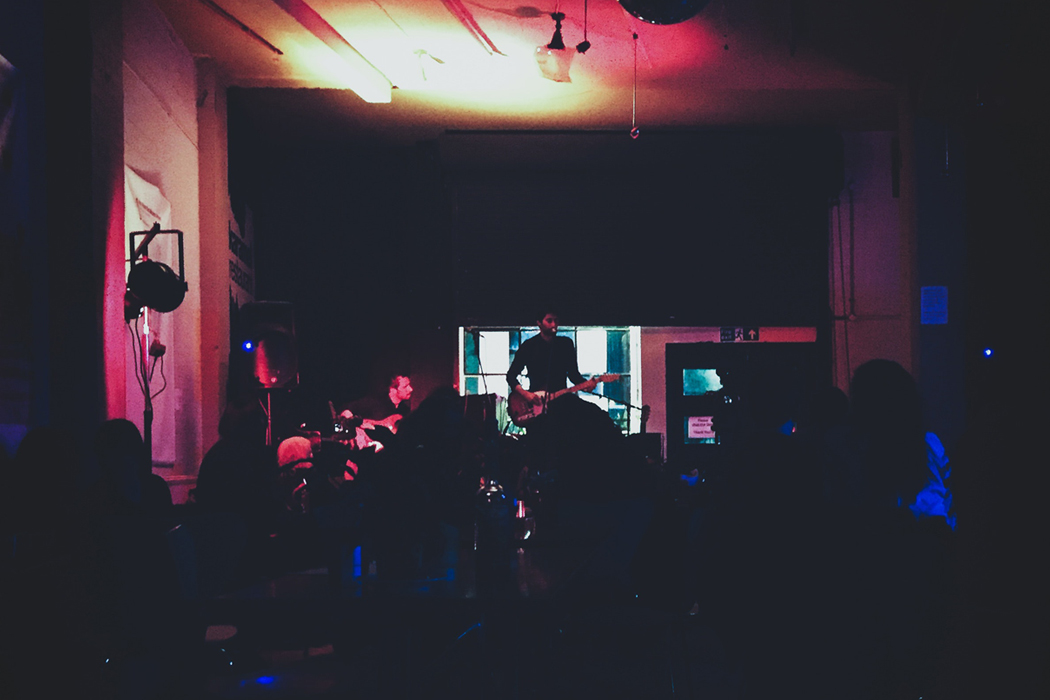
+ Welcome to Soundfly! We help curious musicians meet their goals with creative online courses. Whatever you want to learn, whenever you need to learn it. Subscribe now to start learning on the ’Fly.
Imagine you just showed up to a crowded venue to see your favorite artist. The lines are long, the bathrooms are dirty, the drinks are expensive, it’s loud and everyone is sweaty. You literally listened to the same songs on vinyl a few hours ago from the comfort of your couch. And yet, as someone shouts an apology for a spilled beer that somehow wound up in your hair, you realize you haven’t been this happy in a long time.
The truth is, we need live music.
As live events came to a screeching halt over the past year and half, the benefits of these events and interactions have become more and more apparent. In fact, research shows that regularly attending live music events provides much-needed social encounters, lowers stress hormones, contributes to positive mental feelings at even higher levels than activities like yoga or walking your dog and can even increase your life expectancy by up to nine years.
In this article, we’ll explore the social and physical benefits of seeing live music, and why it’s such an important part of many of our lives.
Social Benefits of Live Music
Live music is, by nature, a shared experience. When you enter a venue to see an artist, you automatically find yourself in a group of people you have something in common with. The lights and the noise of the world outside the venue dim and for that moment, all that matters is you and the people in this room, singing and dancing along to your favorite songs.
Think about the feeling you get when the band or DJ plays the first few notes of your favorite song at a show. The excitement and energy in the air are palpable for everyone in the room. Your sense of self starts to slip away, and for a few moments, you become one with the crowd. You feel energetic and almost giddy as you sing and dance with complete strangers. This contagious sense of euphoric connectedness is called “collective effervescence,” a term coined a century ago by the French sociologist Émile Durkheim.
These effervescent experiences fill a human need for belonging in a way that we tend to overlook. Historically, humans met this need for connectedness with groups of others through events like feasts or celebrations, many of which included live music or entertainment. There’s just something about being in a space where art is being created and enjoyed by others that allows one to connect with others on a different level.
Of course, live music is just one example of the ways humans meet this need, some others include protests, attending professional sports events, or interest-based conferences such as ComicCon or DragCon. From ancient customs such as pilgrimages and feasts to more modern methods such as concerts and pro sports, these collective effervescence events help people to lead happier, connected, and more personally meaningful lives by connecting with others.
Physical and Mental Health Benefits of Live Music
Live music helps us to connect with others, but it also improves our physical and mental health in some pretty surprising ways. A scientific study by O2 and a behavioral science expert from Goldsmith’s University revealed that just 20 minutes at a concert resulted in a significant 21% increase in feelings of well-being. Since scholarly research directly links high levels of well-being with an increased lifespan, that means that attending gigs regularly has the potential to increase your life expectancy.
In the same study from O2, they found some key markers that were drastically improved included increases in feelings of self-worth (+25%), closeness to others (+25%), and mental stimulation (+75%). Accompanying research also showed a positive correlation between the frequency of concert attendance and well-being.
Those who attend live concerts more frequently were the most likely to score their happiness, contentment, productivity and self-esteem at the highest levels. This suggests that regularly attending live music events could be key to improving our well-being.
Another study by researchers Daisy Fancourt and Aaron Williamon from Imperial College London found that attending a concert lowers stress hormones like Cortisol. Cortisol is produced when the body is under physical or mental stress, and prolonged exposure to this hormone has been associated with an increased risk of heart disease, diabetes, and impotency.
So, lowering these levels is pretty important. Interestingly, researchers found that it didn’t seem to matter how musical the participants were, or what their background was — the concert appeared to have a pretty similar effect on everyone. They all saw the same show, and regardless of age, experience or whether they were familiar with the content or not, nearly everyone saw decreases in their stress hormones.
Why We Need Live Music
From sold-out stadium tours to an acoustic artist at the farmer’s market, live music allows us to feel connected to others in a unique and beautiful way while lowering our stress hormones and making us feel good about ourselves.
The truth is, we need live music because it’s good for us. It’s good for our communities and relationships with others. It makes us happier, healthier, and more connected people. All of which makes our world a better place to be. So, the next time you’re feeling guilty about indulging in a show, remember you’re just doing your part to make the world a better place.
For now, get your band on the road playing shows in new cities and making new fans across the country like a pro. For tips, tricks, and ideas to help you get on tour faster and smarter, check out Soundfly’s popular free course, Touring on a Shoestring.
Here’s a video from the course called “How to Reach Out to Venues.”
